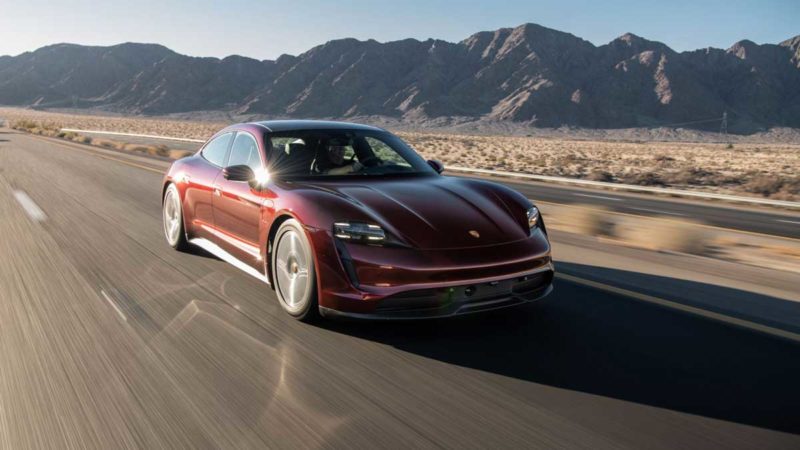Australian drivers may soon be able to take some of the most expensive electric vehicles for a spin following the entry into the market of US-basedcCar-hiring platform Turo.
The company – already well established in the US, Canada and the UK – providing a platform for owners to hire cars to travellers. In return, they receive a return on their vehicle’s investment.
There are already platforms in Australia that allow owners to do this: think Car Next Door, which accepts both electric and ICE (internal combustion engine) vehicles, and Evee, which accepts only electric cars and is currently the only platform with Model Y listings.
Turo accepts both drivetrains but is unique in the fact that its value ceiling sits higher than its competitors. Evee has a value ceiling of $150,000, while Car Next Door’s value ceiling ranges up to $60,000 depending on the state the owner lives in. Drivemycar also has a lower value ceiling of $75,000.
Sadly, some top-end models like upper end Taycans and the Mercedes-Benz EQS – which has a starting price of around $330,000 – will not be able to list, being well out of the league of car hire platforms.
Car share companies are consolidating
The expansion into Australia is the brainchild of Turo’s managing director for Australia, Tim Rossanis. Notably, Rossanis previously drove Uber growth and new verticals department at Uber.
Turo competitor Car Next Door was acquired by Uber in early 2022 and from November will be known as Uber Carshare.
Turo also recently acquired France-based Ouicar. All in all, it is active in 9,500 cities and has more than 250,000 vehicles on the platform – although it has not divulged how many are purely electric.
Offsetting EV ownership costs
While Turo will allow owners of premium vehicles to place their luxury EVs on its platform, likewise so will owners of lower-priced EVs.
Turo says that on average, vehicle owners who use the platform are able to earn around $19,000 a year.
Electric vehicles listed on the platform in the US range from the omnipresent Tesla Model 3 and Model Y, as well as less common models like the Rivian R1T electric ute.
Some owners list multiple vehicles, presumably earning themselves a tidy income.
As international travel opens up on the tail end of the Covid pandemic, Rossanis says the timing is perfect for vehicle owners wanting to earn some extra bucks.
“We’re excited to provide local hosts with an entrepreneurial opportunity to supplement their income, while helping to meet the increasing demand from both Aussies and international visitors during peak travel season around the country,” said Rossanis in a statement.

Bridie Schmidt is associate editor for The Driven, sister site of Renew Economy. She has been writing about electric vehicles since 2018, and has a keen interest in the role that zero-emissions transport has to play in sustainability. She has participated in podcasts such as Download This Show with Marc Fennell and Shirtloads of Science with Karl Kruszelnicki and is co-organiser of the Northern Rivers Electric Vehicle Forum. Bridie also owns a Tesla Model Y and has it available for hire on evee.com.au.

